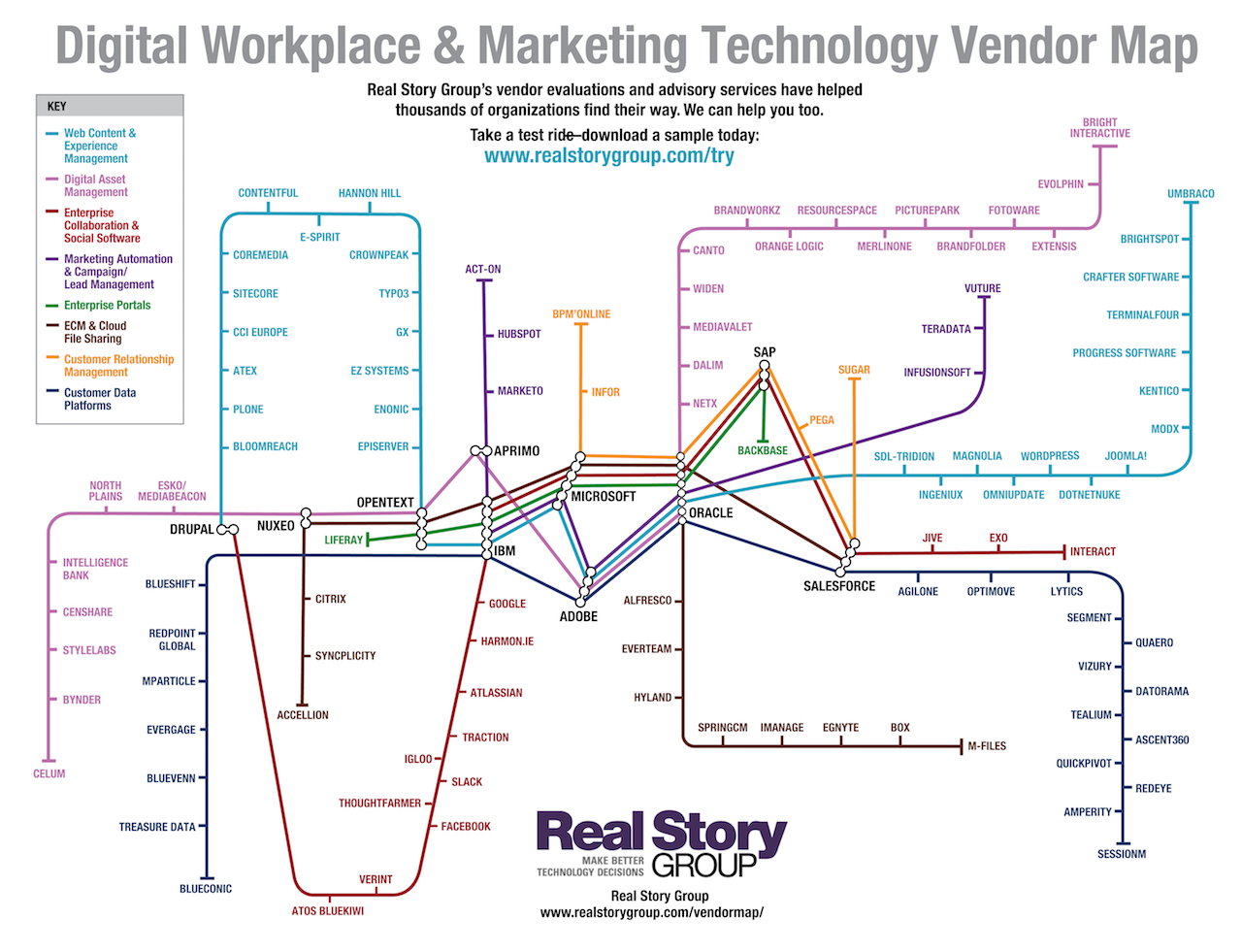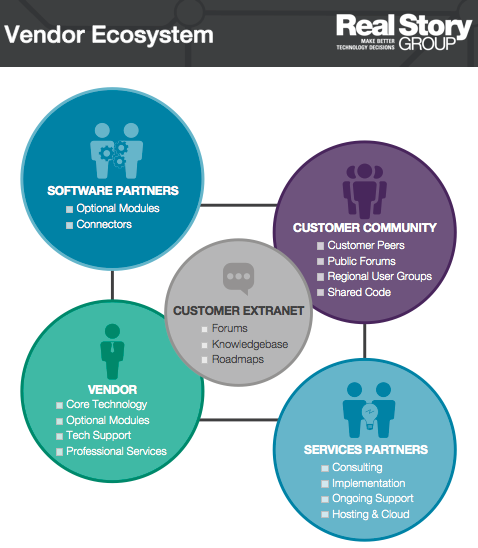Socialtext, SaaS, and upgrading enterprise wikis
Noted wiki vendor Socialtext has been busy appearing at high-profile conferences to promote their concept of business social software. However, recent experience suggests the still-young company may remain a little too fascinated by exciting new features rather than supporting and maintaining their customer base.
As we mentioned in the Socialtext review in the Enterprise Social Software Report 2008, customers were concerned earlier this year over quite a few upgrade problems with the hosted Socialtext service. Recent reports from customers suggest that the popular service remains quite a bumpy ride. Here's a few of the issues that Socialtext customers have reported over the past few month:
- The one and only reporting feature in Socialtext -- weekly usage reports -- stopped working back in May
- The search feature was suddenly substantially changed. Now search results no longer sort by default according to last edited date, but by relevance. This may seem an improvement, but try a search on a public Socialtext wiki and you'll find that it still takes some time getting used to.
- In another incremental upgrade, international characters were transformed to garbage, e.g., the Danish "æ" became an "Ål" and "å" became "Å¥."
It is also worth adding that while Socialtext formally announced version 3 back in April, the hosted service is today still running version 2.22, almost 5 months later.
The larger issue here is that as a SaaS customer you remain very much in the hands of the vendor. Often that's a good thing ("our upgrades happen automatically"); sometimes it's a bad thing ("we can't chose to postpone an upgrade"). How well your SaaS vendor prepares you and performs proper regression testing may seriously impact your project. Enterprises don't like surprises, but it appears like Socialtext still has some way to go here







